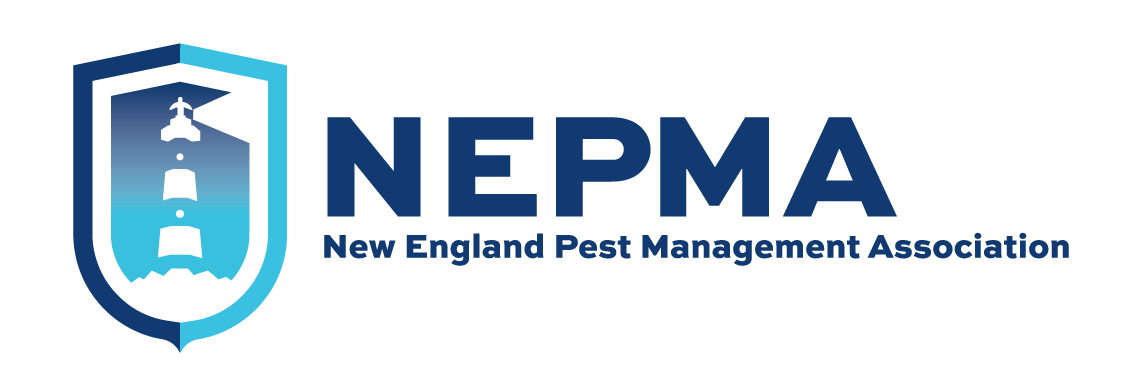Sale & Use Tax
Avoid an Audit—What to Know about Use Tax
The ‘ultimate consumer’ must pay tax, and in Massachusetts, the onus is on pest control companies.
by Kristen Hampshire
It’s an everyday scenario in the pest control business. You purchase supplies from a distributor—necessities including pesticides, surfactants, bait stations, mattress covers, spray hoses and so on. Some of your vendors are out of state, others are located up the road. The local shop charges sales tax on the items you buy by Massachusetts law. The company across state lines does not since it is not registered in the state to collect sales tax.
A year, or several, goes by and you continue doing business as usual. In Massachusetts, services are not taxable, so your customers are not paying a sales tax. (This is not the case in all states, of course.)
Unexpectedly, you get a call from a state auditor. The red flag: failure to file sales/use tax. Pest control companies are on the radar now, and audit amounts going back seven years can add up to hundreds of thousands of dollars, says Dan Gordon, CPA, owner of PCO Bookkeepers.
“Sales/use tax is a consumption tax, and the ultimate consumer pays,” he explains. What can seem tricky is this: Who is the ultimate consumer? In Massachusetts, the pest control company is the consumer.
Customers do not pay sales tax on services rendered, but pest management professionals (PMPs) do pay sales tax on products and supplies they purchase and use to deliver their services. And if a vendor does not charge sales tax, the PMP is responsible for paying a use tax. The bottom line: All pest control companies should be filing a sales/use tax return.
Tom Drapeau, president, Freedom Pest Control and president of the New England Pest Management Association can speak to the audit firsthand. He is currently undergoing the process and so far has discovered he owes $79,000 in back taxes, penalties and interest. The audit isn’t over yet.
“It’s our fault for not knowing about it,” he says, emphasizing that pest control companies should understand this tax because claiming ignorance does not get you out of an audit. “Don’t make the assumption that just because you bought something, the vendor will charge you sales tax. You have to file a sales and use tax report every year.”
Here are some important points to understand about sales and use tax, and your responsibilities as a pest management professional in Massachusetts.
Understand use tax.
The Massachusetts use tax is 6.25% of the sales price or rental charge on tangible personal property, which includes phone and items purchased over the Internet, along with electronically transferred software. If you did not pay the state’s 6.25% sales tax, you are subject to use tax. Unlike sales tax that is paid to the vendor, use tax is paid directly to the state of Massachusetts.
Say you buy bait stations online from a vendor based out of state. The vendor does not charge sales tax. Therefore, you are responsible for paying use tax on the purchase. You can see how neglecting to file a use tax report over the years could add up to a large sum. And we often make purchases that are not taxed and require a use tax payment.
“Some of our technicians have credit cards and if they need supplies, they go to Home Depot and buy it,” Drapeau relates. “If the account is close to the New Hampshire state line, they might go there and that would trigger a use tax filing.”
Even consider office furniture or supplies you purchase from an online resource. If no sales tax was charged, you’re on the hook for use tax.
An exception to the rule.
In Massachusetts, PMPs with a pest applicator license do not have to pay sales tax or use tax on pesticides and surfactants. On the other hand, everything else is taxable—including supplies you might purchase at a store across state lines. So when figuring back taxes due during an audit, pesticide and surfactant purchases are not subject to use tax for licensed professionals.
Maintain records.
Specifically, save receipts—and set aside those that do not include sales tax because you will be required to pay use tax on those purchases. Even if you pay sales tax on an item, during an audit if you cannot produce proof, you’ll be on the hook for the tax.
“Whether you paid it or not, that is what will happen,” Drapeau says. For instance, one of the technicians on his team frequently purchases produce from the local grocery store that is used for baiting woodchucks. The grocery store charges sales tax—but when going through bank records, an auditor identifies a purchase with no receipt. Technically, Drapeau’s business is now required to pay sales tax on that purchase—again.
What happens if you’re audited?
There are essentially three components of the audit. First, the state’s internal revenue service will determine how much tax you owe. Then, a penalty will be assigned, followed by an interest calculation on the total amount due.
If you realize you never filed a use tax report, start today. Then, if you do get audited, the state can go back through three years of records vs. seven years if you never file a report. “The fact of the matter is, if you do business in Massachusetts you have to file a use tax report for items that you purchase outside of the commonwealth,” Drapeau says.
